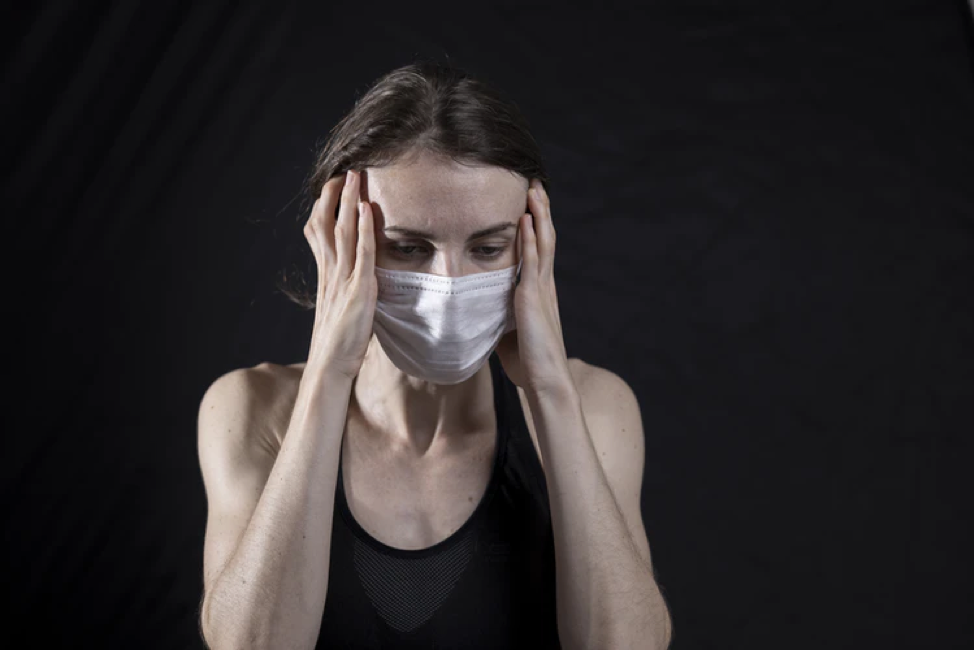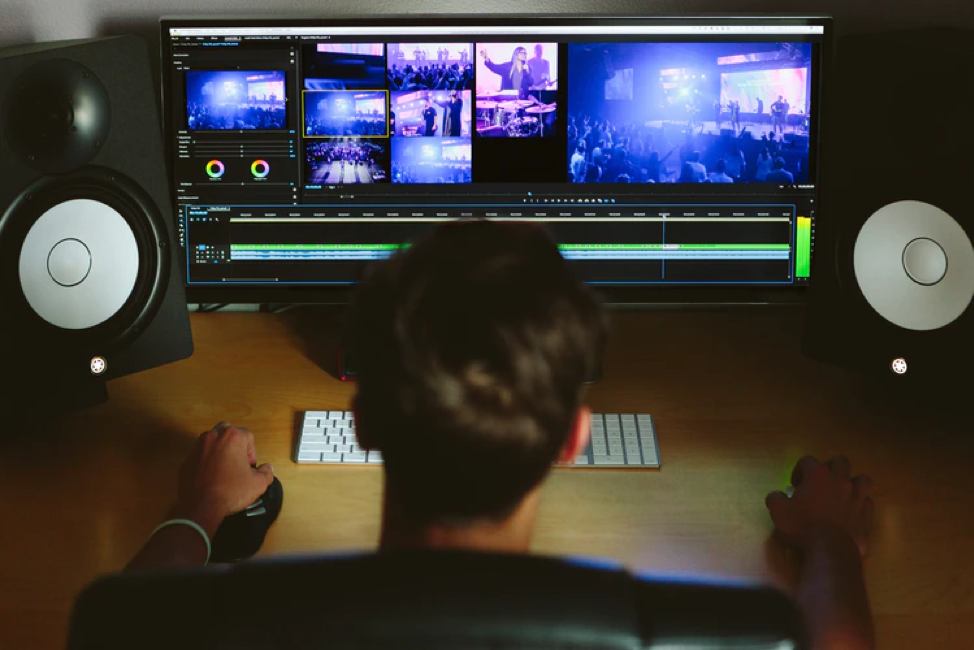2021 and Its Increased Use of Digital Screens.
2020 has been a difficult and highly challenging year in many ways. With the Coronavirus pandemic, many people have now been forced to work and study from home and this has resulted in an increase in screen time.
Zoom calls, Skype and virtual meetings are now very common and this may well replace many traditional, face-to-face meetings.
The current situation we find ourselves in means that we have less human contact, a decrease in physical meetings, more screen time and, unfortunately, more blue light exposure.
A lot of research has been conducted into the harmful effects of blue light over the past decade and the results are quite disturbing.
It is now clear that blue light may cause various health conditions, including eye strain, red and sore eyes, dry eyes, neck pain, shoulder and back pain, chronic headaches, migraines and recurring insomnia.
Tips: If you need to record your work teleconference, IObit screen recorder would help you a lot.
Blue light is naturally emitted from the sun and, several decades ago this was not a problem as most people did not use digital screens much at all. When you combine exposure to the sun’s blue light and that from screens, this is where it becomes a problem.
Why are we using screens in an excessive way?
Using digital screens is in and of itself not a problem. It only becomes an issue when it is used in excess.
Unfortunately, excess use of screens is considered to be more than 2 hours per day, which most people easily surpass.
Computers, laptops, tablets and smartphones are not the only devices that emit blue light. Modern televisions also emit blue light and, since most of us enjoy winding down the day with a good series or movie on TV, we are easily exposed to too much blue light.
What this all means is that unless you plan on living under a rock or in a bygone era, there is no getting away from the detrimental effects of blue light.
How does blue light affect us?

As mentioned above, blue light can cause a number of health conditions, most notably eye conditions.
However, blue light can cause chronic insomnia which can have an effect on every area of our daily functioning. This is because when we are exposed to blue light from the early evening onwards, it disrupts the natural production of melatonin in the body.
Melatonin is a naturally-occurring hormone in the body that is responsible for preparing us for sleep. It helps to calm us down, make us feel relaxed, yawn and feel increasingly sleepy.
When the body is not able to produce enough melatonin, we are not ready for sleep and will have great difficulty falling asleep and experiencing a good quality night’s sleep.
As time goes on, poor sleep can result in feeling tired and unable to concentrate the next day. It can have a negative effect on our productivity and also cause mood swings, irritability, sadness, depression and a feeling of sluggishness.
Why blue light exposure from screens is becoming such a problem.
Continuously being exposed to blue light from digital screens can have a huge impact on our lives, our health and our general wellbeing.
No one likes to feel constantly tired and unable to concentrate. This can be even more of a problem if you are a student with a taxing workload or a corporate professional who is looking to be promoted.
Being unable to have a good night’s sleep means that you won’t be able to perform optimally and you may not reach the goals you have set out for yourself.
Over the years, continuous exposure to blue light from screens can mean that you are at an increased risk for macular degeneration and, in the worst case scenario, blindness.
Of course, you may also be experiencing other conditions as a result of blue light exposure. For example, it can cause you to experience recurrent migraines which can have a bad impact on your quality of life and your ability to function in the way you want.
Solutions to blue light exposure.

The first prize when trying to reduce one’s exposure to blue light is to try and minimize your screen time.
For the majority of modern professionals, this is simply not an option and only spending a few hours in front of a screen each day would mean that you lose your job due to loss of productivity!
So, what is the solution? Well, the good news is that there are great products out there that can block the harmful blue light from screens.
For instance, if you spend a lot of time on your smartphone, you could apply a good quality blue light filter to your screen. Ocushield makes a popular smartphone blue light filter that is both effective and reasonably priced.
Other products that you could use are blue light filters for your iphone or tablet screens, and blue light blocking glasses.
Many medical professionals now recommend wearing blue light blocking glasses, especially if you have a lot of screen time in the evenings.
Conclusion
In the coming years, we can expect to spend even more time in front of blue light emitting screens. However, if you take steps to protect yourself with blue light filters and blue light blocking glasses, you don’t have to suffer with the unwanted health conditions that come with blue light exposure.
Addtionally, Want to freely record your screen? Try this free screen recorder to help your work and life. If you prefer a online tool, try online screen recorder first and conveniently!